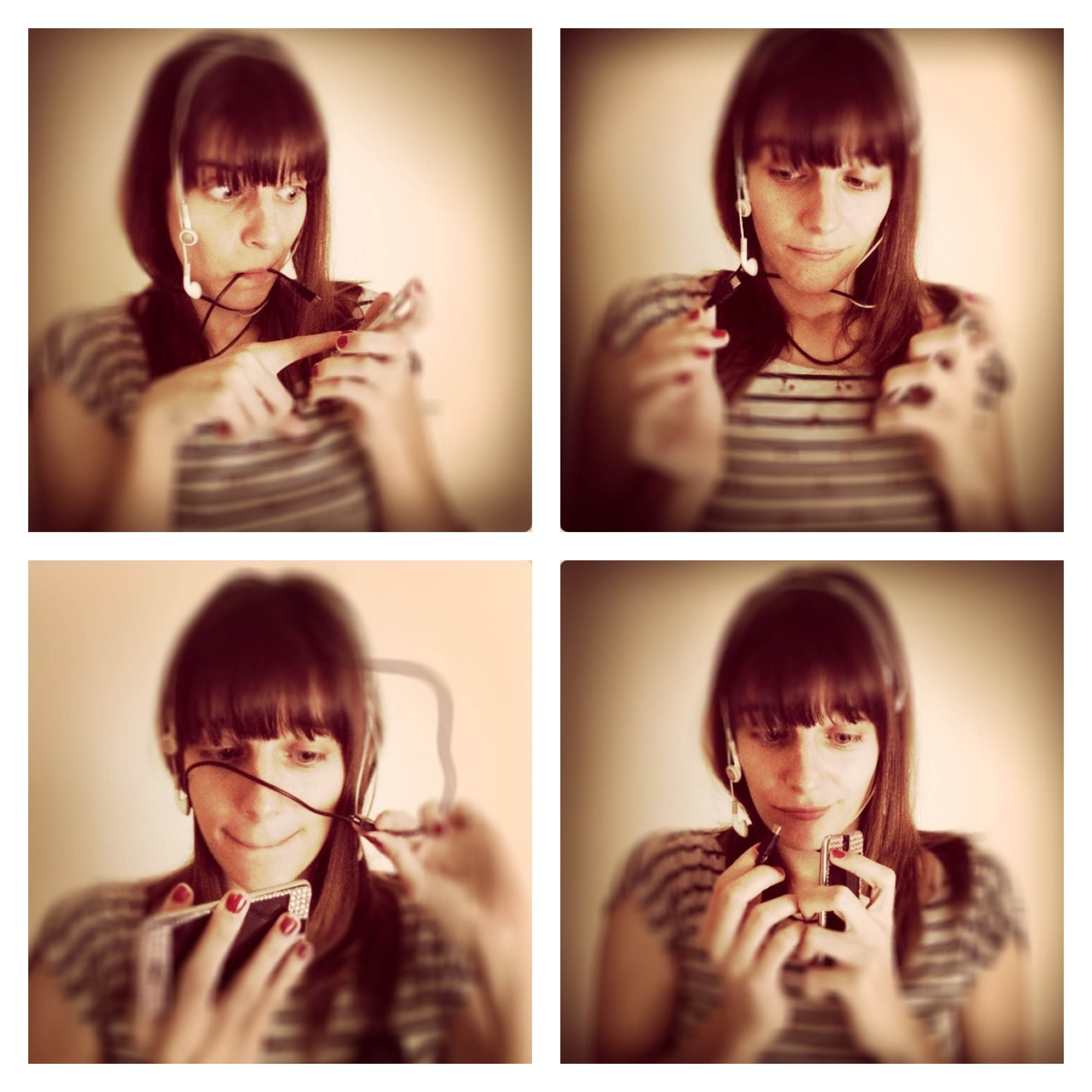Me encantan los video juegos, empecé a jugarlos antes de saber cómo funcionaba un ordenador. Mi hermano mayor, con el que jugaba gran parte de mi tiempo, jugaba mucho en el ordenador así que yo me unía a sus sesiones. Por entonces yo tenía unos cinco años y lloraba desesperadamente porque me faltaba el “oxígeno” (en el juego), dando a mi mamá un par de sustos gordos al igual que mi hermano, ya que en un par de ocasiones puse mis cromos de la Candy en la disquetera esperando jugar a algo, mandando a reparar el pobre Amstrad.
Muchos años y juegos más tarde, trabajando para Blizzard Entertainment como enfermera de empresa en Francia (algunos igual lo conocéis por el título del World of Warcraft) estaba escribiendo medidas de prevención en mi página del Intranet y pensé “esto sería mucho más fácil de entender y aplicar en la vida diaria si fuera un juego” y la idea se quedó en mi cabeza. Cuando llegué a casa ese día me puse a buscar y encontré que esa misma idea se le había pasado por la cabeza a otras personas y había empezado a crecer. El primer

